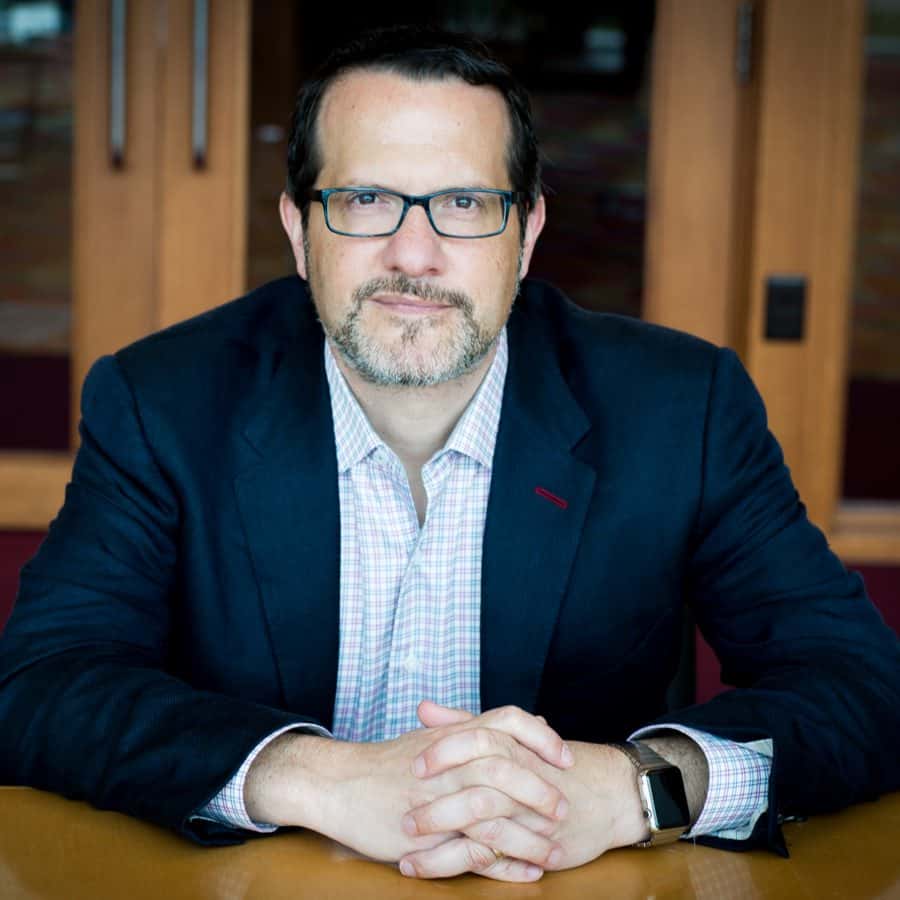
How Good Is the Evidence for Cutting Salt?
For decades, public health experts have been admonishing Americans to cut the salt in our diets. In fact, the American Heart Association recommends that we limit ourselves to 2,300 mg of sodium daily. That’s about one teaspoon. Ideally, the AHA says, we would get less than 1,500 mg of this crucial mineral every day.
Should You Be Cutting Salt?
Why is salt such a problem? People who consume large quantities of salt tend to have high blood pressure. When they reduce their sodium intake, their blood pressure often drops. But what about people who get ordinary amounts of salt in their food? Should they be struggling to cut back?
Dr. Aaron Carroll is very conscious of the medical evidence for such recommendations. Surprisingly, what he says about salt restriction is that there isn’t very much scientific data to support it. Because it has been dogma all these years, it sounds like heresy to suggest that cutting back on salt might not make very much difference for most people and could even be harmful for a few. Have health care providers embraced other recommendations despite a paucity of evidence? Call in your questions or observations: 888-472-3366 between 7 and 8 am EDT on Saturday, April 13, 2019.
Side Effects of Gabapentinoids:
Doctors have recently started prescribing one group of medicines far more frequently than they once did. The gabapentinoids (gabapentin and pregabalin, aka Neurontin and Lyrica) were originally introduced as anticonvulsants. However, doctors now prescribe them widely for serious pain conditions on the assumption that they are safer than opioids. What evidence do we have for their effectiveness for pain. In addition, just how safe are they?
Tom Moore of ISMP shares the results of the latest QuarterWatch on dangerous adverse effects of these medications. Call in your questions and stories about gabapentin or pregabalin: 888-472-3366 between 7 and 8 am EDT, 4/13/19. Or send us email: radio@peoplespharmacy.com
This Week’s Guests:
Thomas Moore is a senior scientist with the non-profit Institute for Safe Medication Practices and a lecturer at George Washington University School of Public Health. The most recent QuarterWatch was published on March 27, 2019.
Aaron Carroll, MD, is a Professor of Pediatrics and Associate Dean for Research Mentoring at Indiana University’s School of Medicine, and Director of the Center for Pediatric and Adolescent Comparative Effectiveness Research. His research focuses on the study of information technology to improve pediatric care, health care policy, and health care reform.
In addition to his scholarly activities, he has written about health, research, and policy for CNN, Bloomberg News, the JAMA Forum, and the Wall Street Journal. The photograph is copyright Marina Waters.
He has co-authored three popular books debunking medical myths, has a popular YouTube show called Healthcare Triage, and is a regular contributor to the New York Times’ The Upshot. Dr. Carroll’s most recent book is The Bad Food Bible: How and Why to Eat Sinfully.
Listen to the Podcast:
The podcast of this program will be available the Monday after the broadcast date. The show can be streamed online from this site and podcasts can be downloaded for free. CDs may be purchased at any time after broadcast for $9.99.
Download the mp3 (Choose mp3 version from the pulldown menu above the “Add to Cart” button)


